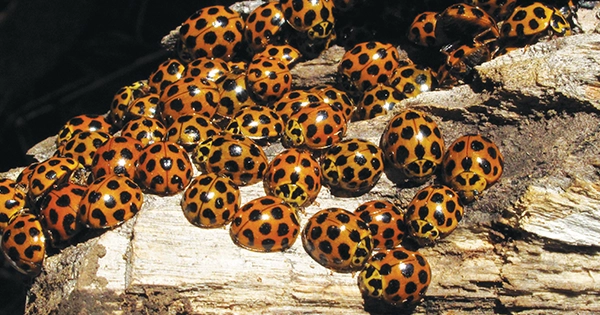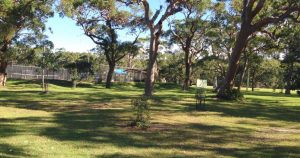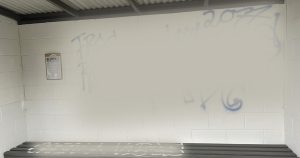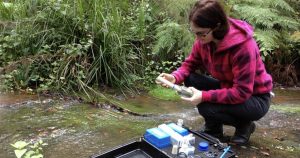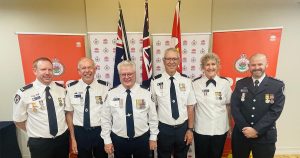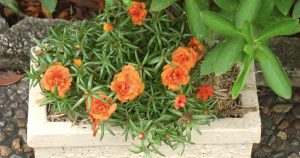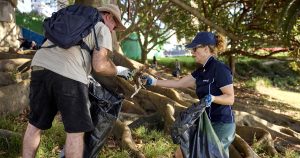This is a question that all of us who have been traveling around the country in cars for decades must wonder. Where have all the bugs gone? Landcare
A Danish ornithologist was wondering what was causing the local barn swallows to be decreasing in numbers.
They are big insect eaters. So for more than 20 years he drove along the same roads again and again and counted the smashed insects on his windscreen. During that time the insect numbers dropped by 80%.
A German study also found a drop of 80%. Insects are an irreplaceable link in the food chain by pollinating and providing food on the land, in the air and in the water for all creatures.
More alarming, bees have been decreasing in noticeable numbers worldwide, with bees now having to be imported around the world to pollinate many crops. In NSW recently bees have been in the news with hives being destroyed due to the arrival of the Varroa mite on our shores.
Insects have been around for 400 million years, while humans are less than a thousandth of this. It is not infestations like Varroa that are destroying insects, but we newly arrived humans. The causes for the demise of insects have been identified as:
- A Huge increase in the number of people in the last 70 years who need to be fed
- The food market demands unblemished fruit and vegetables
- Modern agribusiness practice of monocultures which clear native habitats and diversity
- Use of toxic insecticides especially neonicotinoids, which some countries have banned to save insects like bees
There is no simple solution to both feeding the large population and not destroying the natural environment. But things that each of us can do include:
- Eliminate the use of pesticides in decorative gardens (lets nature keep the balance)
- Minimize the use of insecticides in your food gardens
- Maintain as much native landscape on our properties as possible to provide diversity and the natural controls native animals bring to controlling insect numbers.
- Send a message to the food marketers, tell them you don’t need perfect fruit and veg, accept blemishes and cut worldwide food waste.
For more information, contact Nick on 9653 2056, www.stillcreeklandcare.com.au email [email protected] or Facebook.
